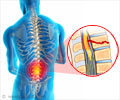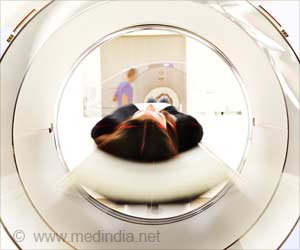Chronic pain affects 1.5 billion people and St. Jude Medical allows patients to focus more on potential pain relief and therapeutic impact.

The new St. Jude Medical system relies on Bluetooth communication, providing a secure, safe, and wireless experience when patients try spinal cord stimulation for the treatment of chronic pain prior to permanent implantation.
Patients can use a paired iPod Touch to adjust therapy throughout the day. The system can remain completely hidden under clothes, because there are no wires.
“We’ve developed our new patient-centric Invisible Trial System as a response to physician and patient feedback,” said Eric S. Fain, M.D., group president of St. Jude Medical.
Spinal cord stimulation (also known as neurostimulation or SCS) therapy is a proven therapy for managing chronic pain. SCS uses a small implanted medical device and thin wires or leads with electrodes, placed in the epidural space near the spine, to deliver low levels of electrical energy to nerve fibers. These electrical pulses mask or interrupt pain signals as they travel to the brain, reducing pain sensation.
The device delivers traditional tonic as well as burst stimulation to cover a wide array of patients that could benefit from spinal cord stimulation. The accompanying software provides visualization of the leads and their positioning, as well as the contact that they make with the body.
Advertisement
Advertisement













